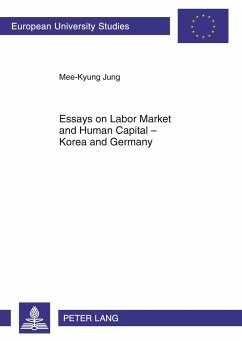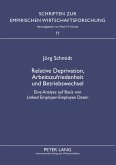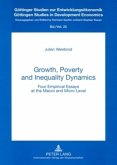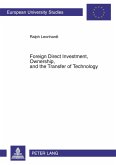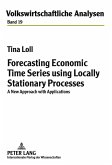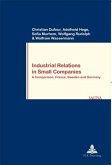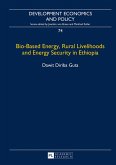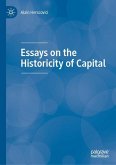Since 2004, more than 80% of all high school graduates in Korea went on to university or at least junior college, although higher educated people suffer more seriously from unemployment. In human capital theory, reducing the unemployment rate when increasing the level of education was determined to be a stylized fact. But the current situation in Korea does not justify the theory. Using the Korean Labor and Income Panel Study and the German Socio-Economic Panel three empirical essays aim to find the corresponding reasons and solutions. Koreans' strong interest in university studies could be caused by lack of promising alternatives. An enhancement of the job training system along German lines seems to offer a reasonable solution to the oversupply of university graduates in Korea.

